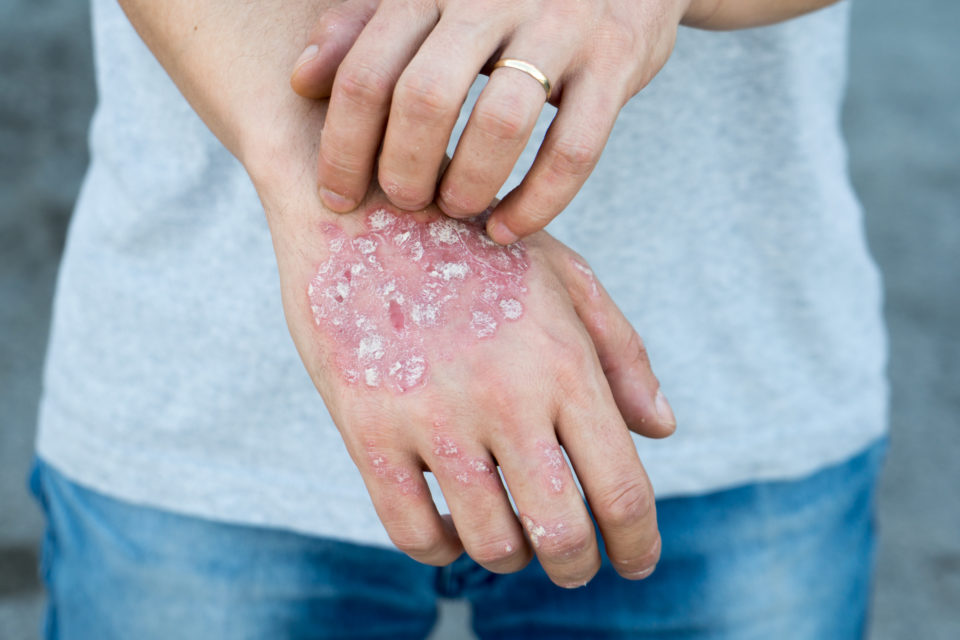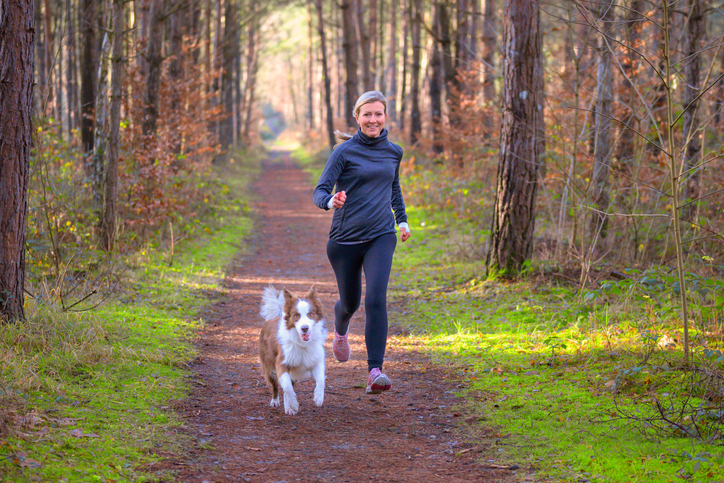
AbbVie’s drug Skyrizi (risankisumab) has been recommended by the United Kingdom’s National Institute for Health and Care Excellence (NICE) as a second-line treatment for moderate-to-severe plaque psoriasis.
“The positive guidance from NICE is a welcome step change for people in England and Wales with severe psoriasis as it means they will be able to access a treatment option on the NHS that offers maintenance dosing of 12-week injections over those dosed more frequently, and good PASI90 and PASI100 clearance data. We know that these things are important to patients,” said Helen McAteer, chief executive of The Psoriasis Association, in a press release.
Skyrizi was previously approved in the U.S. by the Food and Drug Administration.
NICE’s recommendation comes with several conditions, according to a final appraisal document. Patients should only start taking Skyrizi if they have severe disease, defined as a total Psoriasis Area and Severity Index (PASI) ≥ 10 and a Dermatology Life Quality Index (DLQI) > 10. Skyrizi should also only be considered an alternative treatment after failure with ciclosporin, methotrexate, and phototherapy, or if these other therapies cannot be tolerated. Treatment should be terminated if patients do not respond to Skyrizi within 16 weeks, with response defined as a 75% PASI score reduction or 50% PASI score reduction and five-point DLQI reduction, both from baseline.
Additionally, according to NICE, “If patients and their clinicians consider risankizumab to be one of a range of suitable treatments, including guselkumab, secukinumab and ixekizumab, the least expensive should be chosen (taking into account administration costs, dosage, price per dose and commercial arrangements).”
.@NICEComms has recently published its decision to recommend the biologic medicine, Skyrizi (Risankizumab), to treat severe plaque #psoriasis in adults in England and Wales. Read more: https://t.co/ZzZ7Y7YsCl pic.twitter.com/Dm6FnfODlt
— Psoriasis Association (@PsoriasisUK) July 18, 2019
Skyrizi Tested in Four Trials
The efficacy of Skyrizi was demonstrated in four Phase 3 trials— UltIMMa-1, UltIMMa-2, IMMvent, and IMMhance—which collectively included more than 2,000 plaque psoriasis patients.
“Across all four studies, the co-primary endpoints were at least a 90 percent improvement in the Psoriasis Area and Severity Index (PASI 90) and a static Physician Global Assessment (sPGA) score of clear or almost clear (sPGA 0/1) at week 16,” according to an AbbVie press release.
In UltIMMa-1, after 16 weeks, 75.3% of risankizumab patients achieved PASI 90, compared to 4.9% of placebo patients and 42% of ustekinumab patients; similar outcomes were seen in UltIMMa-2, with PASI 90 attained in 74.8%, 2%, and 47.5% of risankizumab, placebo, and ustekinumab patients, respectively. IMMvent compared risankizumab to adalimumab and found that 72% of risankizumab patients and 47% of adalimumab patients achieved 16-week PASI 90.
“The most frequently reported adverse reactions were upper respiratory infections, which occurred in 13 percent of patients.4 Common adverse reactions (frequency defined as greater than or equal to 1/100 events to less than 1/10) included tinea infections, headache, pruritus, fatigue and injection site reactions,” AbbVie further stated in its release.







 © 2025 Mashup Media, LLC, a Formedics Property. All Rights Reserved.
© 2025 Mashup Media, LLC, a Formedics Property. All Rights Reserved.